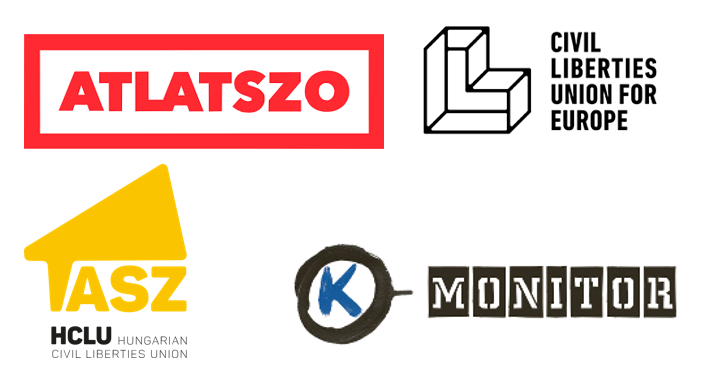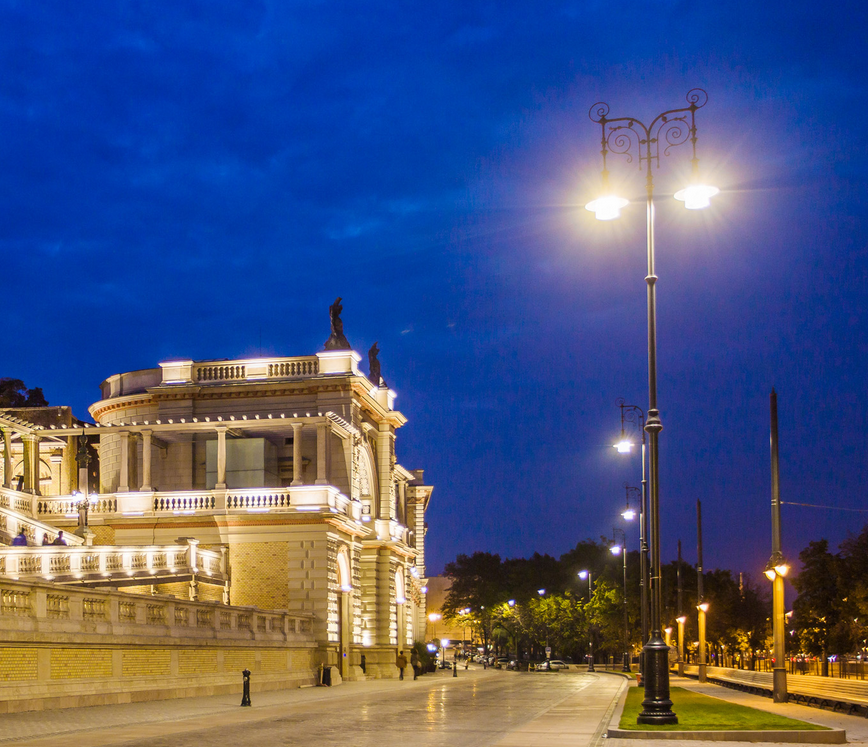Hungarian and European NGOs sent letter to Commissioner Vera Jourová urging her to let the politically sensitive Homoki access ruling concerning misapplication of funds become final.

Delicate OLAF investigation implicating associates close to Hungarian PM Orbán
The current story begins with allegations of corruption implicating the Hungarian government. After a public street lighting renovation project in the Budapest suburb of Gyál in 2015 went awry, EU anti-corruption watchdog OLAF investigated allegations that European funds were misappropriated in a defected tender procedure. This rigged tender procedure, it was alleged, strongly benefitted business interests close to the ruling Fidesz party, including prime minister Orbán’s son-in-law, István Tiborcz, at the expense of Hungarian tax payers.
In 2019, a Hungarian civil society coalition filed a request for access to the report of this OLAF investigation, which was turned down. Subsequently, Andrea Homoki, a Hungarian citizen and resident of Gyál, brought a case against this OLAF decision with the backing of with this coalition.
On 1 September of this year, the General Court of the EU delivered a favourable court judgment for the applicant, annulling OLAF’s refusal to grant access to the document.
Pressing for the final word
However, judgments by the General Court of the EU related to access to documents are not necessarily final. Both litigating parties are entitled to appeal them before the Court of Justice, the EU’s highest court, within the space of two months after finalisation of the initial court procedure.
In the case of the Homoki judgment, that due date fell in the middle of November, two months after the litigating parties had been formally notified of the court’s judgment. As OLAF is an EU body without legal personality, subsidiary to the Commission, it falls upon the latter to prepare the legal defence of cases brought against OLAF decisions, as well as to decide upon potential appeals.
With the November deadline for appeal approaching, four NGOs backing Ms Homoki’s quest for access submitted an open letter to the Commission, urging it to desist from appealing, thus allowing the General Court’s judgment to become final. The letter, co-submitted by the Hungarian transparency advocacy organisation Atlatszo, the Hungarian Civil Liberties Union (TASZ), the Hungarian tech-based anti-corruption watchdog K-Monitor, and the Civil Liberties Union for Europe, was submitted to Commission Vice-President Vera Jourová and Director-General Ville Itälä for European anti-fraud affairs, as well as to European Ombudsman Emily O’Reilly.
In the letter, the organisations highlight the European dimension of the case brought by Ms Homoki, and its relevance to the everyday lives of local residents of Gyál:
[T]he case concerned by OLAF’s investigation is a telling example of the widespread misuse of public funds, including EU funds, which the current Hungarian government has been engaging into to cement its grip on power and maximise profits for government officials and people connected to them at the expense of Hungary’s people.
The request for access to documents was submitted by Ms Homoki, a resident in Gyál, a town in Pest county in the Budapest metropolitan area, Hungary. Such action was meant to shed light [pun intended?] over the corruption arguably behind a street lighting project carried out in Gyál which, instead of improving the town’s public lighting infrastructure, further deteriorated the pressing problem of the lack of visibility in the town’s streets.
The letter then highlights the impending deadline for appeal of the General Court judgment won by Ms Homoki, and requests the Commission not to appeal, in the interest of protecting the right to access public information in pivotal cases.
Picking up a legal battle to try and overturn this important General Court’s ruling, or failing to take this as an opportunity to review OLAF’s and the European Commission’s access to documents policy, would be at odds with the EU’s responsibility to protect our democracies and people’s well-being against corruption and rule of law backsliding and to enable activists and civil society organisations play their vital watchdog role, in Hungary and elsewhere in the EU.
Judgment has become final
As the deadline passed, no appeal by the Commission was registered.
It is not clear to what extent the open letter by the civil society coalition influenced the Commission’s decision not to appeal. This discretionary decision is often taken and is likely to be informed by strategic legal and political considerations. Commissioner Jourová however has repeatedly spoken out in support of civil society and press organisations’ activities to uncover and counter corruption and authoritarianism in EU member states.
The Open Government in the EU Blog wishes its readers a Merry Christmas and a clear-sighted 2022!


